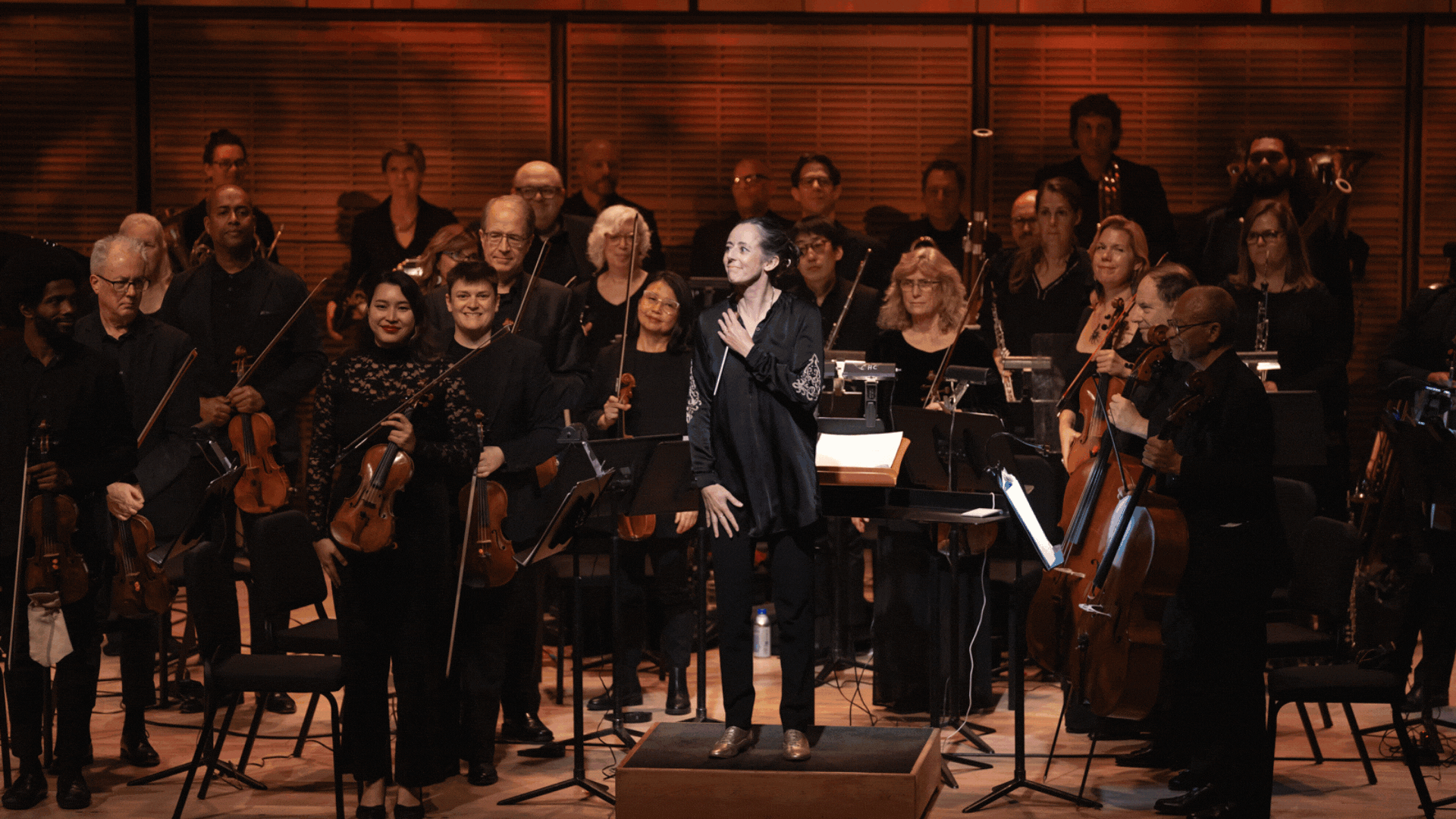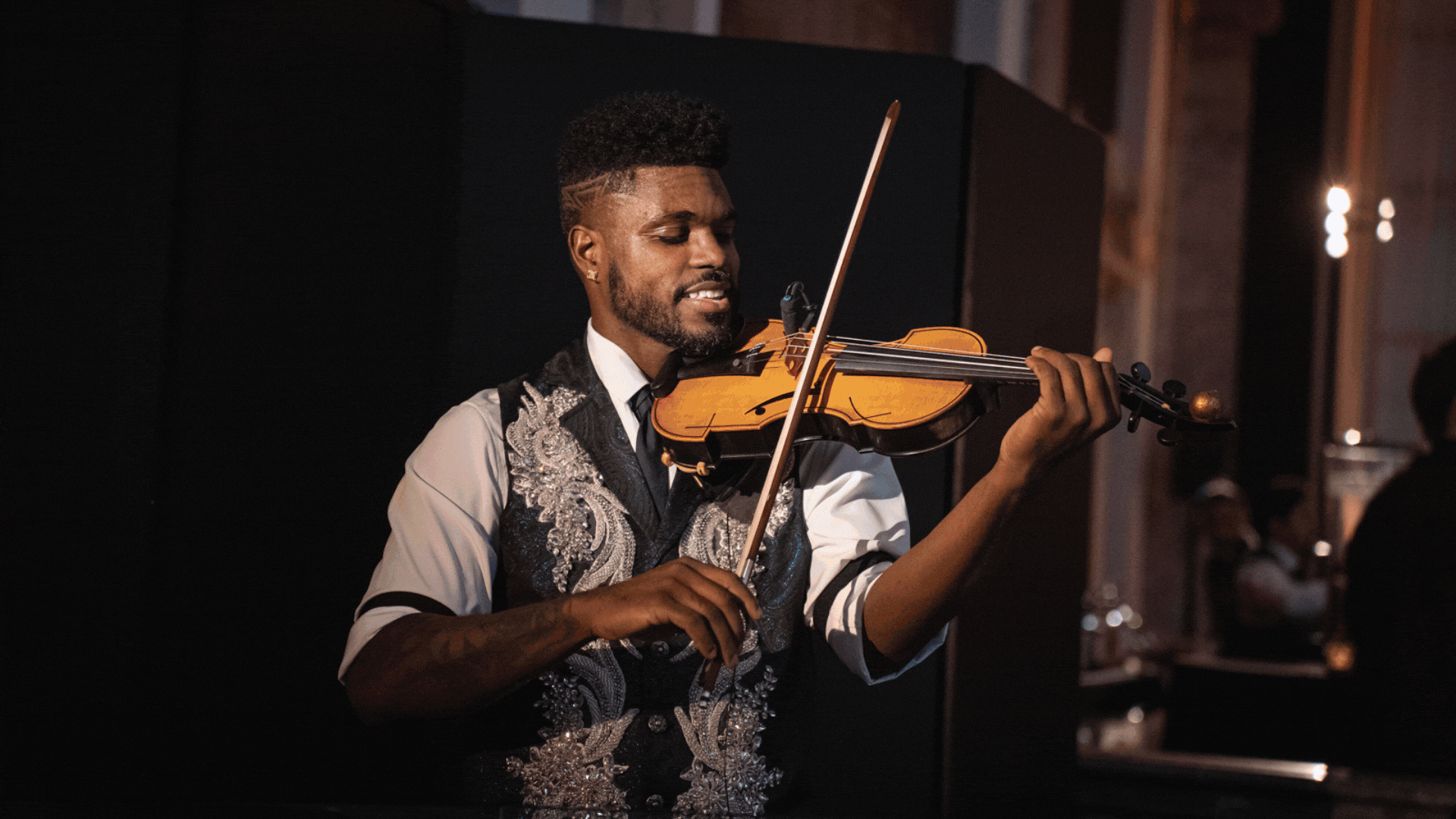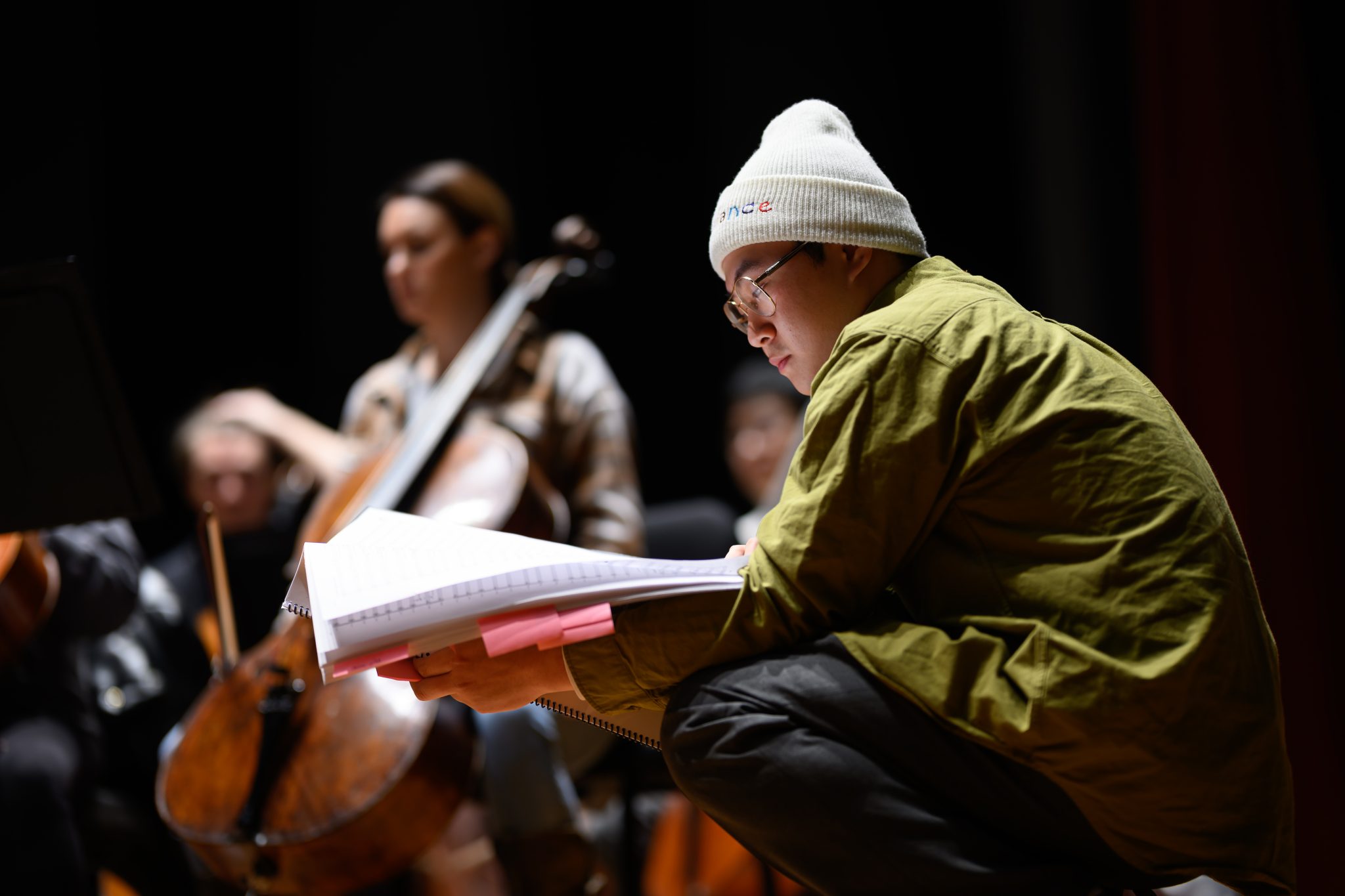Naples Philharmonic Jazz Readings: Composer Spotlight - Nathan Parker Smith
A native of Northern California, Nathan Parker Smith is an active performer and composer currently residing in Brooklyn, New York. In 2009, he formed the Nathan Parker Smith Large Ensemble, an eighteen-member ensemble regularly performing original music throughout New York. Last year, Nathan participated in the Jazz Composers Orchestra Institute Summer Intensive. He was selected for the EarShot Naples Philharmonic Jazz Composers Readings, May 25-26, 2016 at Artis–Naples’ Hayes Hall, for his piece The Wyoming Matter, which takes its name from a widely unknown crisis in New York City.
We spoke to Nathan about his piece and his JCOI experience for SoundAdvice.

Composer Nathan Parker SmithAmerican Composers Orchestra: The Wyoming Matter refers to the 1944 crisis in which a freighter ship, the Wyoming, almost spread plague-infected rats to the local population in New York City, stopped only by a last-ditch secret emergency program of rat-trapping and rodent autopsies. Why did you choose this title and subject for the piece?
Nathan Parker Smith: I happened to read Raphael Orlove’s article about the Wyoming as I started work on the composition and I was enthralled with the story. The event is actually quite grotesque, but the story had the sort of intensity and drama I like to capture in my writing.
ACO: Is there any kind of narrative arc in your piece that reflects The Wyoming Matter story?
NPS: The arc of the piece does not directly follow the story of the Wyoming, however, there are sections that display intensity, and sections that are fragile and gentle, parallel to New York’s state in the 1940’s.
ACO: Your group, the Nathan Parker Smith Large Ensemble has performed at popular clubs and venues across New York City. Can you compare the challenges of engaging the audiences at intimate, sometimes noisy venues in NYC vs. audiences at a symphonic concert hall?
NPS: Engaging (or rather competing) with audience in a club in New York can be challenging. Luckily, the music I write for the band is loud and fairly aggressive, so we can usually drown out most of the hecklers. In all seriousness, in an intimate setting, I find the band and the audience react and fuel each other during a performance, but many of the nuances can be lost in the excitement. In contrast, it is wonderful to know that the audience in the concert hall has come solely to listen to the music and that they will be able to hear the smallest details throughout the performance.
ACO: What are you looking forward to about the readings?
NPS: After months of composing at the piano, I’m especially looking forward to hearing my piece, as well as hearing the other three composers’ works, performed by a great ensemble. Personally, it is a rare opportunity for me to be able to listen to an ensemble perform my work without having to conduct or play in the group. One of the things I’m most looking forward to is that my parents are coming to check out the readings and I’m excited to share work with them.
ACO: What has your experience in the Jazz Composers Orchestra Institute been like so far?
NPS: The workshop in Los Angeles this last summer was rigorous and eye-opening. The relationships formed with the other composers, mentors and guest artist were invaluable. Learning to navigate the subtle but important differences between the jazz and classical world has been an interesting process as well. The mission of JCOI in providing this opportunity for large ensemble and mixed genre writing has encouraged me to push the boundaries of my own composition style and rethink my approach to writing.
Follow Nathan Parker Smith on Facebook, Twitter, Soundcloud, YouTube
www.nathanpsmith.com
Follow ACO on Facebook, Twitter, Instagram, Soundcloud, YouTube
www.americancomposers.org
Corporate gifts to match employee contributions are made by Goldman Sachs, Deutsche Bank, Triton Container International Incorporated of North America, and Neiman Marcus.
Public funds are provided by the New York City Department of Cultural Affairs in partnership with the City Council, and the New York State Council on the Arts with the support of Governor Kathy Hochul and the New York State Legislature, Office of Brooklyn Borough President Reynoso, and the National Endowment for the Arts.






